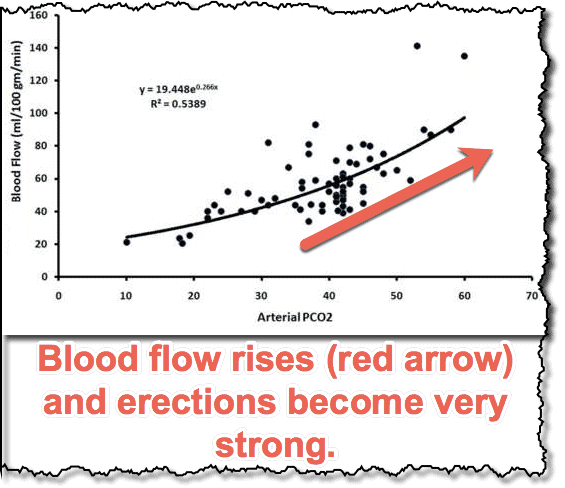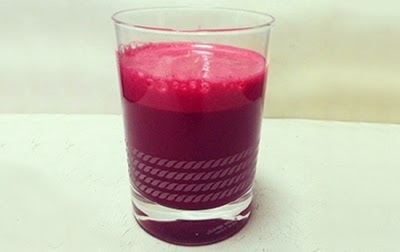
This can prevent coronary artery disease and other heart problems
—-Important Message for Men Who Want Better Boners—-
This doubles penile blood flow in 45 seconds or less
I’ve discovered an oxygen-promoting secret that doubles blood flow down there for better, longer-lasting rockiness.
It works by using molecules that are naturally found in the body.
Most men run low on these molecules by the time they reach 50 or 60 years old.
But luckily, we can actually replace these molecules with this oxygen-promoting secret and increase blood flow — and it only takes 45 seconds.

Discover this oxygen-promoting secret and double penile blood flow in 45 seconds or less
———-
Little-known vitamin may boost penile blood flow bigtime
Coronary heart disease is caused by a build-up in the blood vessels that supply the heart. It’s also called atherosclerosis and coronary artery disease.
And it affects penile blood flow too…
The build-up in the blood vessels makes it harder for blood to flow through the body including the penis which of course gets worse blood flow because it’s outside the body.
And the build-up in the blood vessels often causes heart pain called angina.
A symptom of coronary heart disease — it can weaken the heart muscle, which leads to heart failure.
Coronary heart disease can lead to shortness of breath, fatigue, swelling, and heart attack.
Scientists have discovered that a couple of common vitamins can significantly lower the risk of coronary artery disease.

This research was carried out at the food safety research Centre of Senman University in Iran. The results were published in Critical Reviews in Food Science and Nutrition.
The study was designed to look at the effect of B vitamins on risk of coronary heart disease.
“The objective of this study was to quantify the association of B-vitamins intake with the future risk of coronary heart disease.”
The researchers collected high-quality studies which had information on some key B vitamins and coronary heart disease.
“Prospective cohort studies evaluating the association of intake of folate, B6, and B12 with risk of coronary heart disease in the general population.”
Folate is also known as vitamin B9.
The search came up with information on over 350,000 people. More than 5,000 of those were eventually diagnosed with coronary heart disease.
“Eleven prospective cohort studies (total n = 369,746) with 5133 cases of coronary heart disease were included in the analyses.”
The researchers then calculated the relationship between coronary heart disease risk and these 3 B vitamins.
250 micrograms of vitamin B9 (folate) could reduce the risk of coronary heart disease by more than 20%.
“The relative risks were: 0.79 for a 250 µg/d increment in folate intake.”
This is approximately the amount of folate found in 1 cup of cooked spinach. Many other green vegetables contain high amounts of folate.
500 micrograms of vitamin B6 reduced the risk of coronary artery disease by 13%.
“The relative risks were 0.87 for a 0.5 mg/d increment in vitamin B6 intake.”
This is the amount of vitamin B6 found in a medium-sized potato or 2 ounces of lean chicken breast.
The researchers found only a small effect from vitamin B12 — risk reduction about 3% per 3 micrograms.
“The relative risks were 0.97 for a 3 micrograms per day increment in vitamin B12 intake.”
But that could become significant with higher doses of B12. 3 ounces of liver contains 75 µg of vitamin B12.
The vitamins seem to be effective whether they come from food or dietary supplements.
“The results did not change materially when the analyses were restricted only to dietary vitamins intake.”
Useful amounts of all of these vitamins are found in healthy foods. For most people it’s probably better to get these vitamins from foods.
Vitamin B6 seems to be particularly helpful in preventing coronary heart disease.
The researchers found a greater benefit with higher doses of B6.
“We demonstrated a linear inverse association between folate and vitamin B6 intake and risk of coronary heart disease.”
Many B vitamin supplements contain HUGE amounts of vitamin B6.
5mg of B5 is a high dose. More than 10mg of vitamin B6 per day is probably unnecessary and possibly harmful for most people.
But most people get less than that from the diet.
So aiming for 5mg of vitamin B6 per day is probably a good idea if you’re supplementing.
“In conclusion, higher intake of folate and vitamin B6 is associated with a lower risk of coronary heart disease in the general population.”
You should always consult a healthcare practitioner by treating and diagnosing health-related problems.
—-Important Message From Our Sponsor—-
This 1 food naturally kills high blood pressure

If you or a loved one is suffering from blood pressure problems, try this…
Drive to your local grocery store and get this 1 food
———-
